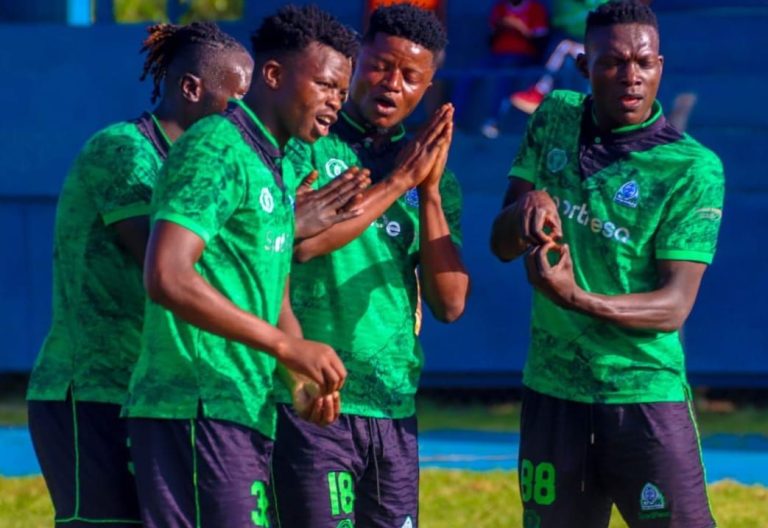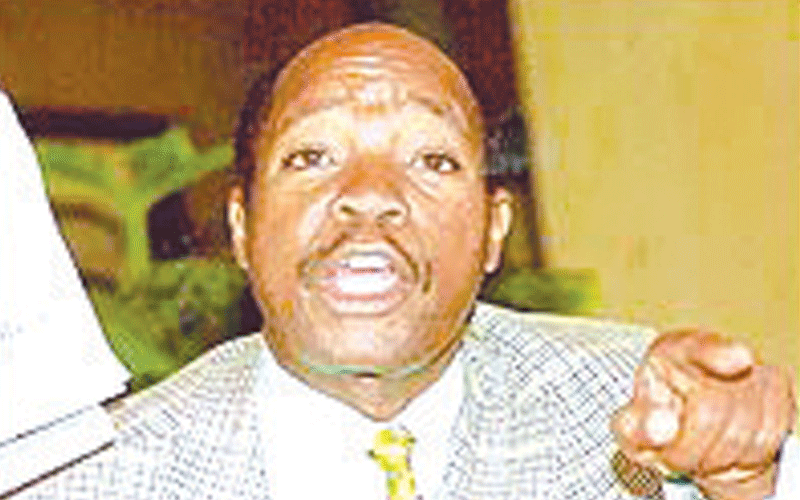Thriving illicit groups to blame for rise in crime
By People Reporter, November 16, 2020Nyaboga Kiage
A surge in crime in Mombasa and Nairobi counties has been linked to thriving gangs which extort residents.
A study in the two towns shows that where the populations are marginalised and poor, they are more vulnerable to bribery and intimidation.
This makes the use of violence, even at the low level of disruption and assault- more effective as a campaign tool.
In areas that are richer with more social capital, the case is different.
Such a political jurisdiction according to the report is Embakassi ward and the Jeshi la Embakassi, which has an existence of strong ties between politicians and criminal gangs. This started in the early 1990s.
One of the politicians named as key is the late David Mwenje who is described as a strong mobiliser who quickly reached out to the people even in the grassroots.
The report links him to the outlawed group Jeshi La Embakasi which existed from 1992 to at least 2008.
“Mwenje appears to have recruited the men who formed this gang in the run up to the 1992 Embakasi ward election, which he lost. In a parliamentary debate on the role of politically affiliated gangs, already identified as a problem in the early 1990s, Mwenje justified the political recruitment of an armed gang on the basis that ‘the government has failed to provide security to some leaders and Kenyans generally’,” the report states.
The report claims that it is the existence of the group that saw Mwenje recapture his seat in the 1997 General Election, as it was used to threaten those who were opposed to his candidature.
It gives an example of an academic report that was submitted to the Jomo Kenyatta University in 2019- where a number of people gave testimonies on how they were directly involved in operations during the 1997 elections inorder to assist Mwenje.
The Gaza gang, which is also suspected to have played key criminal roles during the electioneering period, is known to have its base in Kayole.
Gaza was an organised, hierarchical gang, which grew rapidly for several years before being almost eliminated in extrajudicial killings.
The group is known for its identification marks that include; dragon tattoos, tear drop markings, three cuts on the eyebrows and the use of code words such as kumezesha (killing).
Previous studies have revealed that most of the members of this gang, which was established in 2000.
The group’s funding is believed to come from the pockets of city politicians, who are currently serving in Parliament and the Nairobi County assembly.
In Mombasa, Wakali Wao is linked to three MPs- the group has links to many criminal activities in the vast coast region.
More Articles

